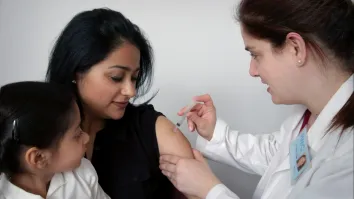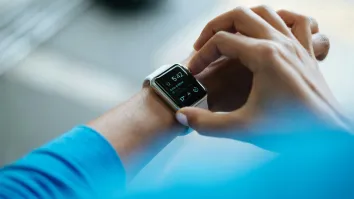
Thailand's hospitals stuck in tech-cost deadlock
Patients expect innovation from their hospitals at little to no cost.
When the Thai parliament passed a policy requiring private hospitals to take in emergency cases before passing them to public facilities, it did not come with much of an investment from the government side. Public hospital players in the country still do not have enough trainings and the private and public sectors lack partnerships to strengthen collaborative abilities in terms of taking care of patients.
Thailand’s popularity as an ASEAN medical hub comes with its own disadvantages, as the country faces mounting pressures to keep up with the speed of technological changes elsewhere in the world. Dr. Surangkana Techapaitoon, hospital director at Samitivej Children Hospital, said that patients have high innovation expectations from their hospitals at little to no cost. However, both public and private facilities are hard-pressed without patients willing to shell-out additional baht.
Despite what seems to be a stalemate between the patients and the hospitals, administrators remain committed to providing the best healthcare at the most affordable price possible. “We spend a lot of money in buying the latest technology to provide what we can for the patients. I’m not qualified to comment on behalf of the sector, but talking about the equipment that hospitals buy, I think investing on these kinds of technology still puts the hospital in a good position despite shelling out cash,” said Gavin Wadell, international head marketing executive of the business development department of Phyathai International Hospital.
The healthcare industry in Thailand also ensures that its doctors are compensated well, if not better than their ASEAN counterparts, to encourage them to stay in the country. Dr. Techapaitoon said that at the moment, private practitioners are paid way more than their colleagues in the public hospitals. General practitioners receive THB30,000 (US$889) per month if they are in government hospitals, but once they move to private hospitals they can get as much as THB100,000 (US$2,965). She added that the industry must address issues on how to balance the cost, the patients’ needs, and business strategies to benefit all parties involved.
Meanwhile, Joni Java, international marketing executive at Vejthani Hospital, said that as a private hospital, they can only decrease their prices up to a certain point. To address dilemmas such as this, Dr Techapaitoon said that private-public partnerships must be strengthened to improve healthcare and keep costs at a reasonable level. In the meantime, the recent policy passed by the parliament can help bridge some gaps. Wadell said that so far, the government has been very helpful in assisting private hospitals to accept social security patients.



















 Advertise
Advertise






